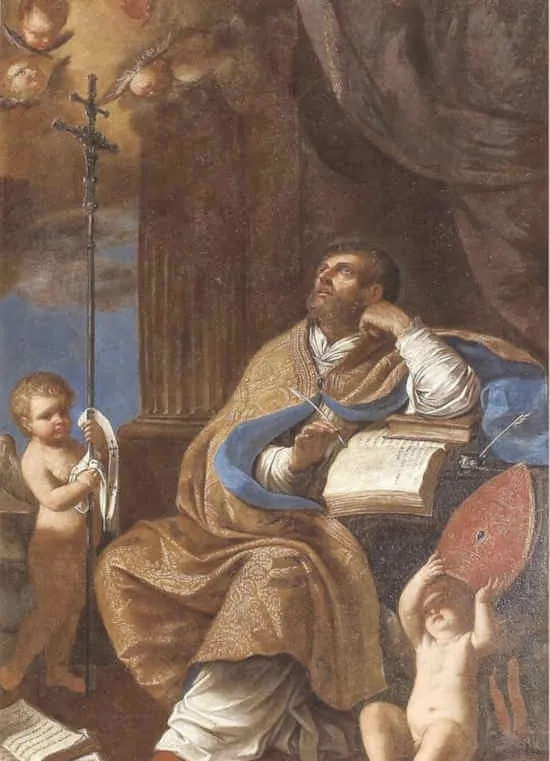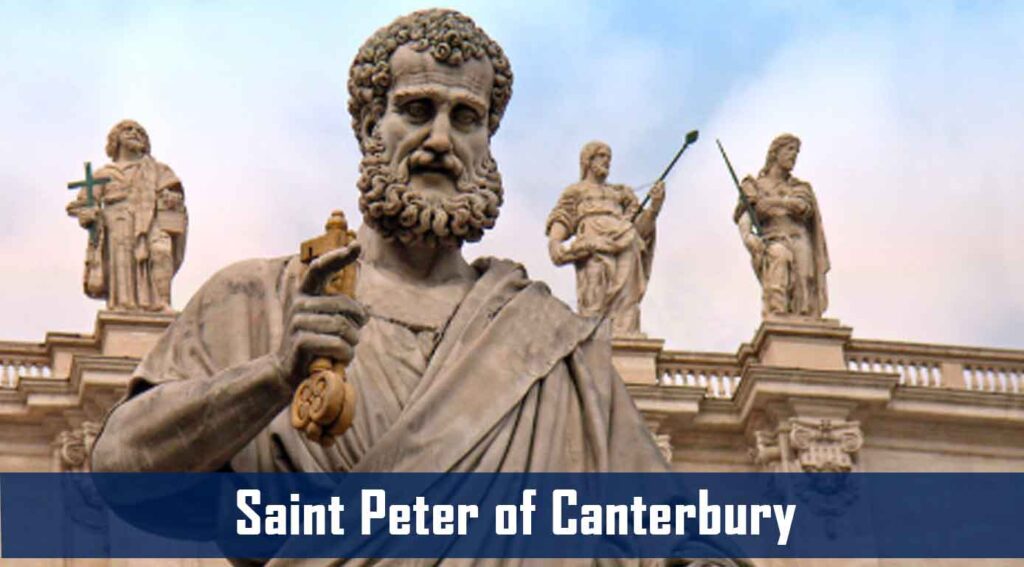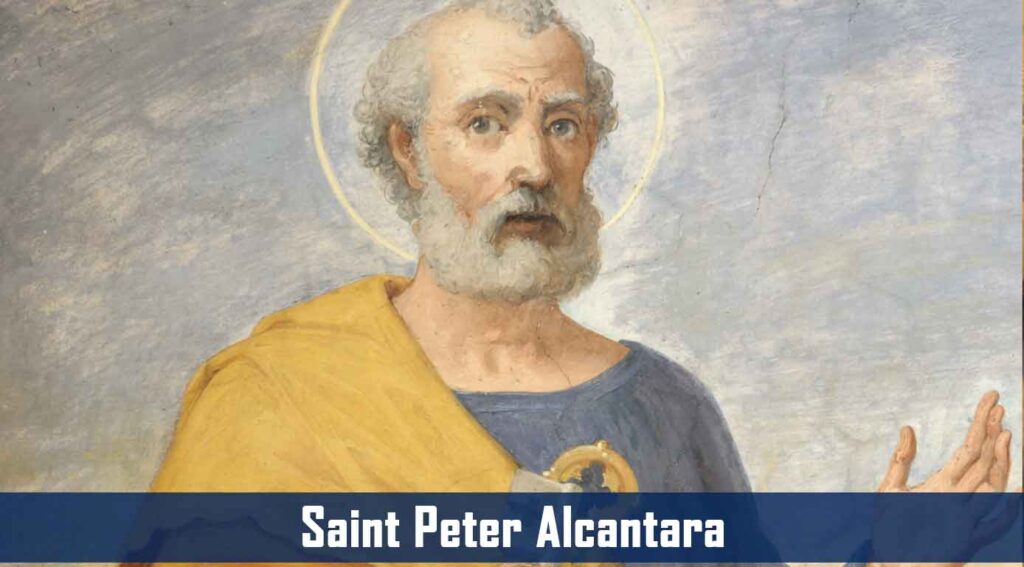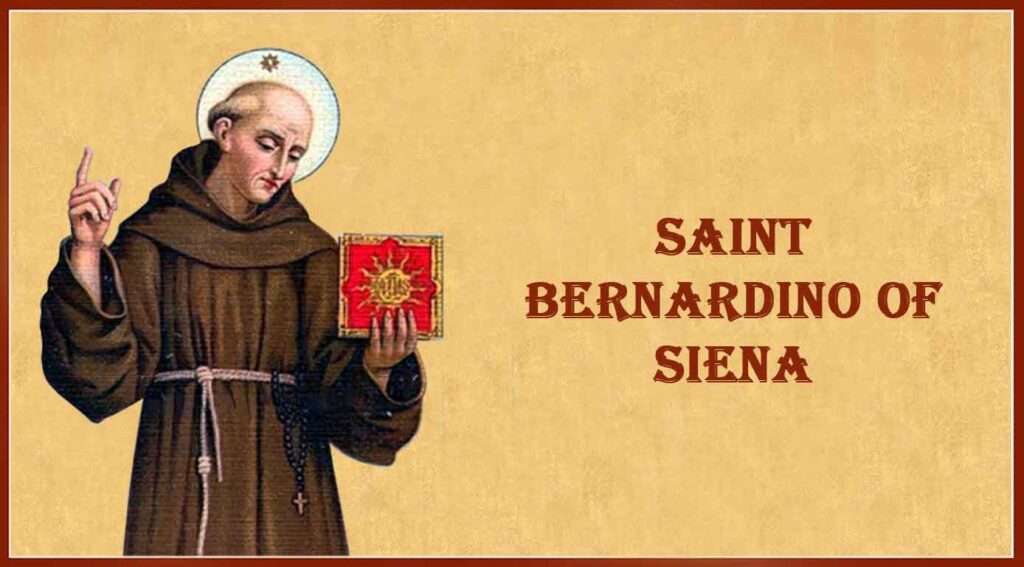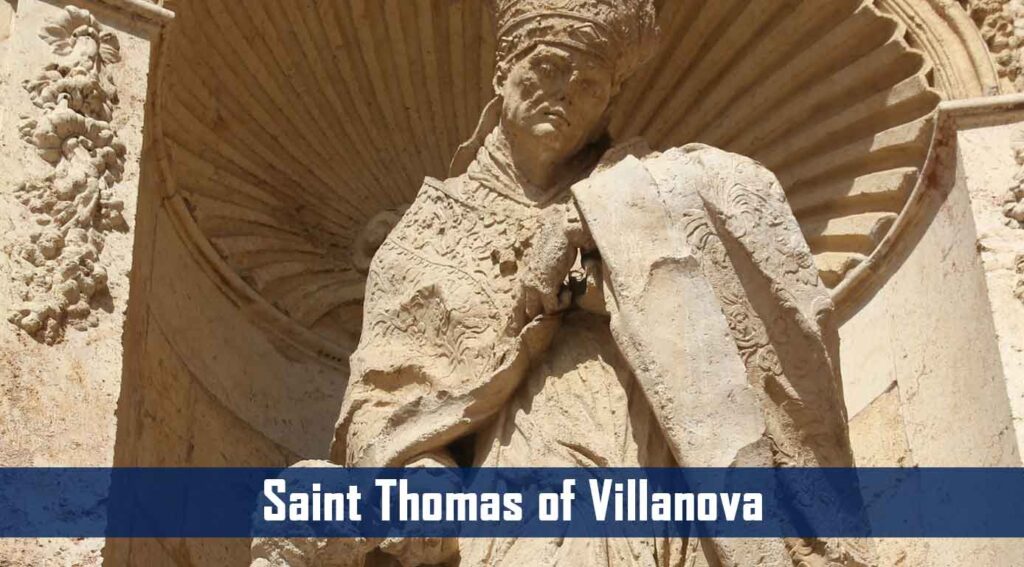c. 380 or 406–c. 450; Patron Saint of Imola, Italy; Invoked against fevers and vicious dogs; Pre-Congregation canonization; Proclaimed a Doctor of the Church by Pope Benedict XIII in 1729
Saint Peter Chrysologus was born in Imola, modern-day Italy, during a period of great turmoil within the Church and the Roman Empire. In 410, when Peter was about four years old, Rome was sacked by the Visigoths, leading to political corruption and economic difficulties. The era he lived in also witnessed a series of short-lived and ineffective Roman emperors, contributing to the prevailing instability. Arianism and its related heresies had also caused divisions within the Church, particularly between the East and West. During his lifetime, Peter witnessed the rise of new heresies and fiercely defended the Church. Reliable information about Peter’s youth is scarce, including discrepancies in his birth dates, with some accounts suggesting around 380 and others around 406.
In Imola, Peter developed a close relationship with the local bishop, Cornelius, who is believed to have baptized, educated, and ordained him as an archdeacon for the Diocese of Imola. Peter regarded Bishop Cornelius as his spiritual father and praised his manifest virtue. Around 433, when the bishop of Ravenna passed away, the clergy and people of that diocese sought a new bishop. They requested Bishop Cornelius, a neighboring bishop, to go to Rome and secure the consent of Pope Sixtus III for their chosen candidate. According to tradition, Bishop Cornelius brought Archdeacon Peter with him to Rome. The night before their meeting with the pope, the pope had a vision of Saint Peter the Apostle and Saint Apollinaris, the first bishop of Ravenna, with Archdeacon Peter standing beside Apollinaris. The following day, when the pope saw Archdeacon Peter alongside Bishop Cornelius, he selected Peter as the next Bishop of Ravenna.
As Ravenna was the capital of the Roman Empire, Bishop Peter had the opportunity to become acquainted with the emperor. Following his episcopal ordination, Bishop Peter soon gained admiration for his preaching and his holy and penitential way of life. He also earned the esteem of the Christian Emperor Valentinian III and his devout mother, Galla Placidia. It might have been Galla who first bestowed the title “Chrysologus” upon Bishop Peter, which means “golden-mouthed,” in reference to his powerful preaching style. Bishop Peter Chrysologus delivered unique sermons, with around 176 of them surviving to this day. These sermons were relatively short, scripturally grounded, and often centered on the Person of Christ and the consequences of His Incarnation. They were characterized by their evangelical approach, seeking to win hearts and minds for Christ rather than being purely theological discourses. Galla, who was actively involved in charitable works and church-building, collaborated with Bishop Peter Chrysologus in constructing many churches in Ravenna.
During that period, just as in the previous century, the Church faced internal conflicts over the nature of Christ. A new heresy arose, later known as Monophysitism. Eutyches, a monk from Constantinople, emerged as one of its leading proponents. He taught that after the Incarnation, the human nature of Christ was absorbed into His divine nature, resulting in a single divine nature. Though distinct from the earlier Arian heresy, which denied the divinity of Christ, Monophysitism similarly rejected the orthodox position established at the Council of Nicaea in 325 that affirmed the two natures of Christ, both human and divine, perfectly united in His Person. When Eutyches sought support for his heretical position, Bishop Peter wrote to him a firm but compassionate letter, exhorting him to submit to the authority of the pope on the matter. Though the letter itself has been lost, some of the content of his letter was preserved in the Acts of the Council of Chalcedon.
Despite debates regarding the Church controversies of the time, Bishop Peter Chrysologus understood the importance of theological precision. He recognized Jesus as the Son of God, fully divine, sharing the same substance with the Father and the Holy Spirit. Additionally, he grasped the truth that the divine Son assumed human nature, uniting His divinity with humanity in His Person to redeem humanity. Thus, Jesus was both fully God and fully man, with His divinity and humanity united, providing the pathway to eternal salvation for humanity.
As the Bishop of Ravenna, Peter Chrysologus vigorously defended the true and pure faith against the Monophysite heresy, introducing people to the Savior of the World through his concise, well-formed, theologically precise, and heartfelt homilies. Although he passed away before the Church officially ruled on the Monophysite heresy at the Council of Chalcedon in 451, Bishop Peter Chrysologus’s letters, homilies, and personal influence paved the way for subsequent bishops to follow the correct path. Over his approximately twenty-seven years as Bishop of Ravenna, he fervently promoted religious practices, such as daily reception of the Eucharist, fasting, almsgiving, Lenten penance, and pious devotions, with his primary concern always being the salvation of souls.
It was not until 1729 that Pope Benedict XIII declared Saint Peter Chrysologus a Doctor of the Church. This proclamation highlights the enduring value of his writings. Although he lived over 1500 years ago, his teachings transcend specific times, cultures, and conflicts. His clear, concise, and profound teachings about Christ continue to resonate in official Church documents, the Office of Readings, and are widely used for spiritual reading.
As we honor this fifth-century Bishop of Ravenna, let us contemplate the timeless truth that truth itself is eternal. Whether it originates in the Old Testament, the New Testament, the early Church Fathers, or a fifth-century bishop, when truth is articulated, it remains relevant for people of all times and circumstances. Let us reflect on the enduring understanding of the nature of Christ that Saint Peter Chrysologus vigorously defended and taught. May we pray for greater clarity in comprehending the Person of Christ and offer gratitude for the great saints who have paved the way for us, building a foundation of truth on which we now stand.
Source: https://mycatholic.life/saints/saints-of-the-liturgical-year/july-30—saint-peter-chrysologus-bishop-and-doctor/


